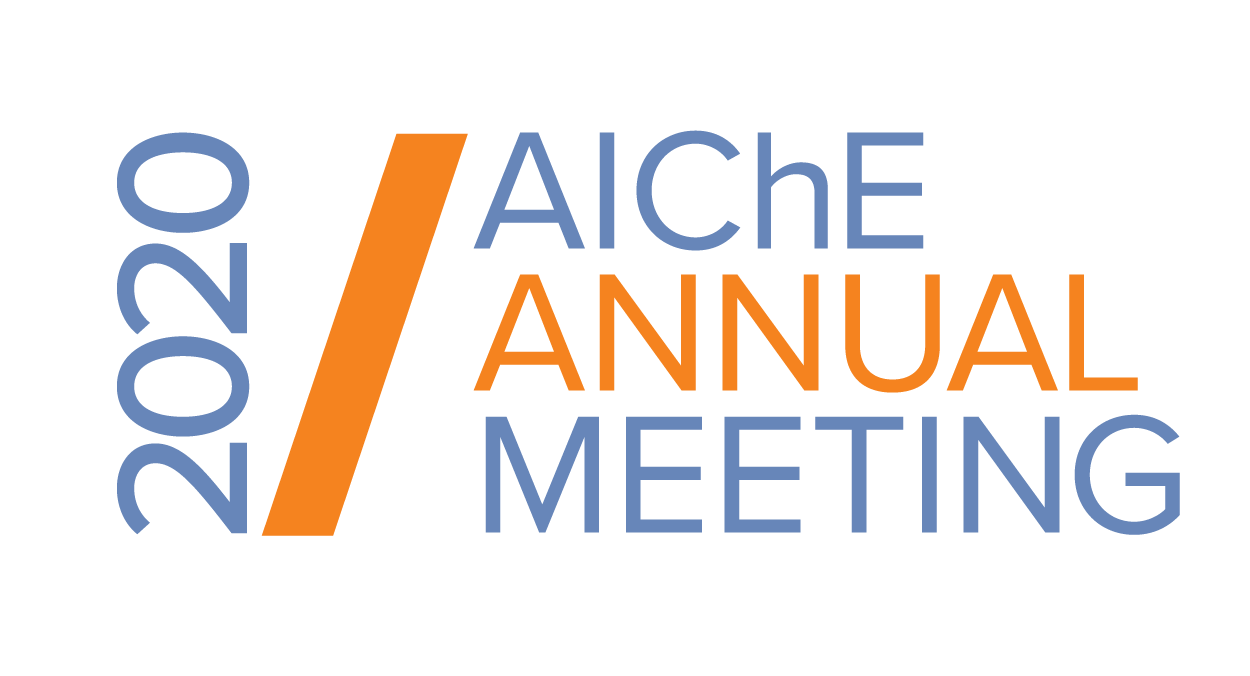

The ability to direct cell behavior has been central to the success of numerous therapeutics to regenerate tissue or facilitate device integration. Collagen often serves as a design basis for bioactive materials due to its putative role in regulating cell adhesion and phenotype, which occurs in part through α1β1 and α2β1 integrin adhesion signals it presents to cells. These integrins are involved in an array of cell activities including angiogenesis, cell migration, adhesion, and proliferation. However, all collagen-containing products on the market today utilize materials from slaughterhouses with the associated disadvantages including no means to optimize the molecular composition of the collagen to guide regeneration. We propose to circumvent these limitations by generating novel bioactive materials using a collagen-mimetic protein engineered to have enhanced therapeutic action and improved scale-up potential. Initial sequence design was based on the collagen-like protein, Scl2 in Streptococcus pyogenes. Whereas native collagen has numerous binding sites for integrins present on a wide range of cells, the Scl2 protein acts as a biological blank slate that only displays the selected receptor-binding sequences programmed in by site-directed mutagenesis. We used site directed mutagenesis to introduce human integrin binding sites into this protein and have provided evidence that human integrin binding sites function within the engineered protein bind and activate α1β1/α2β1. To generate robust materials based on this technology, the collagen-mimetic protein was conjugated into a poly(ethylene glycol) (PEG) based hydrogel to generate bioactive hydrogels. This platform technology is currently being explored in several tissue engineering applications including chronic wound dressings, bone grafts, and vascular grafts. It also provides a unique opportunity to investigate the contribution of collagen binding integrins in a variety of regenerative processes and disease pathogenesis.
Presenter(s)
Once the content has been viewed and you have attested to it, you will be able to download and print a certificate for PDH credits.
If you have already viewed this content,
please click here
to login.
